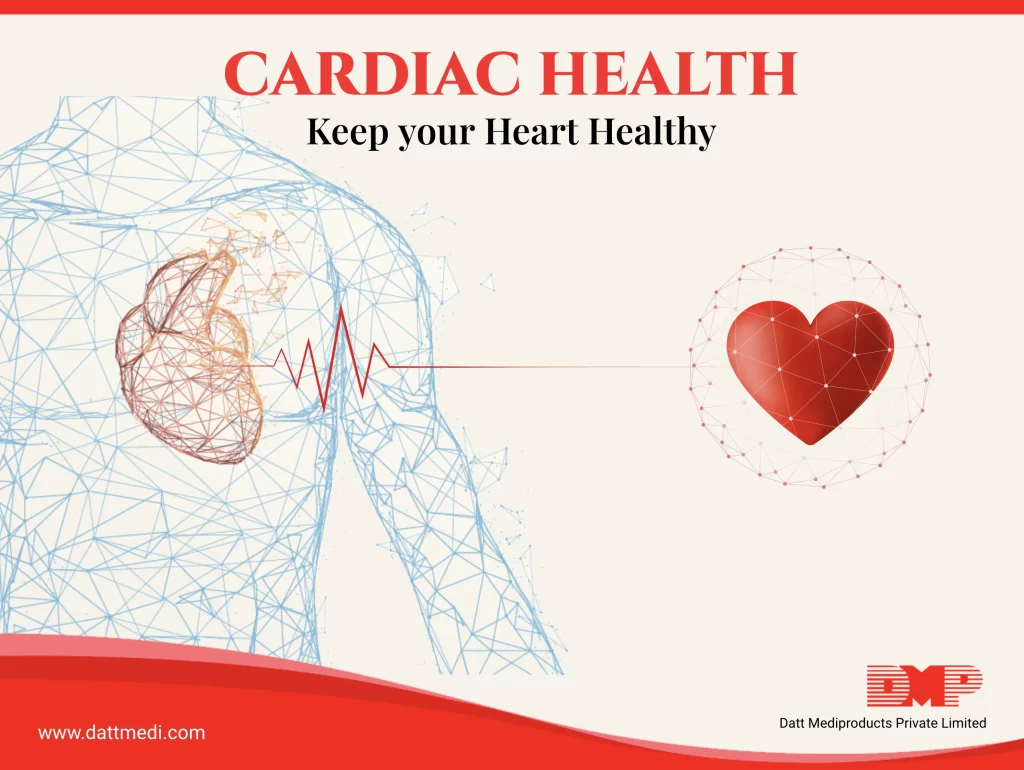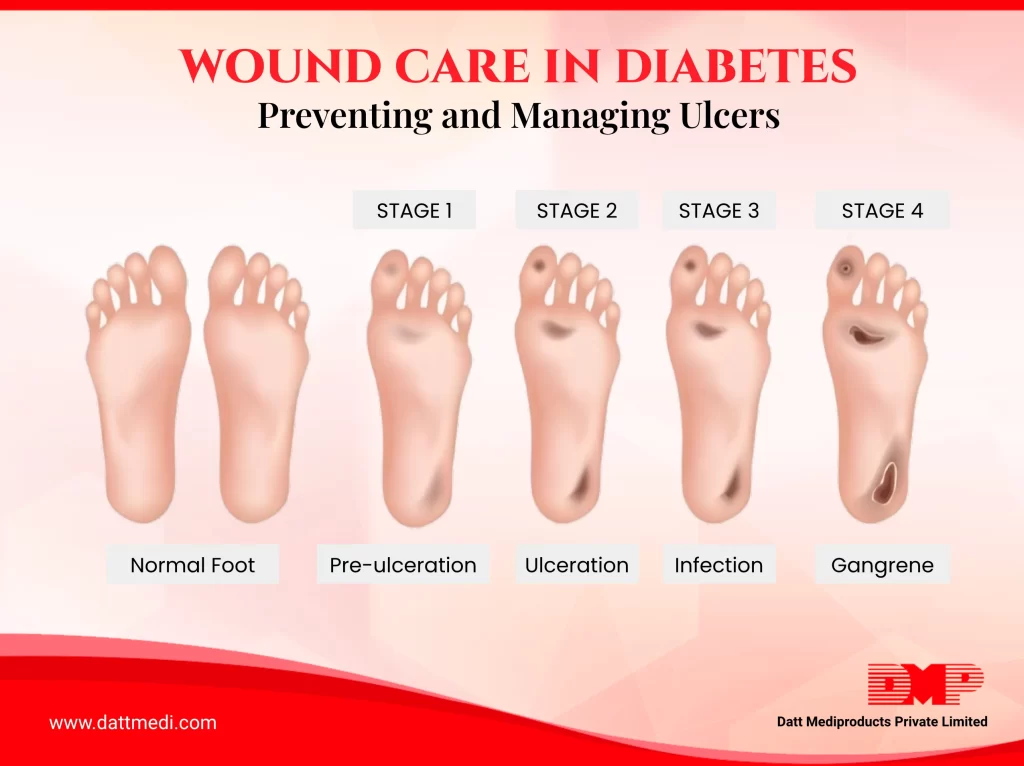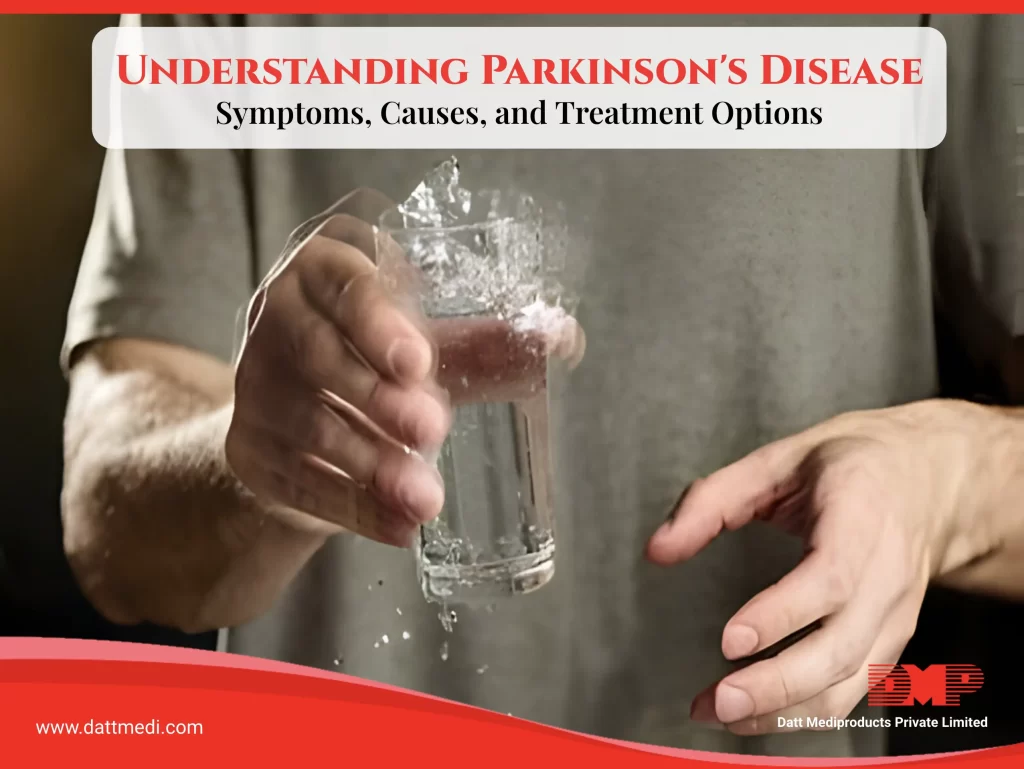
Cardiovascular diseases are diseases that involve heart or blood vessels, such as heart valve disease, congenital heart disease, abnormal heart rhythm, heart attack, and stroke.
CVDs are a global threat as they take the lives of 17.9 million people every year. 85% of CVD deaths are due to heart attacks and stroke with smoking, tobacco consumption, unhealthy diet, alcoholism, and physical inactivity triggering these diseases.
A number of heart diseases may be prevented by following certain lifestyle changes as below:
- Quit smoking: Being smoke-free may be one of the best lifestyle changes you can do to help not only your lungs but also your heart.
- Managing other Health Conditions: Maintaining blood pressure levels, cholesterol levels in the blood, and diabetes are other health conditions which need to be checked for a healthy heart.
The WHO estimates 1.13 billion adults have a raised blood pressure with less than 1 in 5 individuals have it under control, if your blood pressure is high, it needs to be managed. Similarly, an imbalance in the cholesterol levels in the blood can lead to cardiovascular diseases. - Be Physically Active: Being physically active regularly is great for your heart health. Exercise at least 30 minutes a day, 4-5 times a week.
- Maintain Healthy Weight: A healthy weight reduces the risk of cardiovascular diseases. It can help to maintain an optimal BMI i.e. between 18.5 and 24.9 is considered ideal and between 25 and 29.9 is considered overweight.
- Follow Good Eating Habits: Some foods may trigger heart diseases but there are some which may be helpful.
Follow some of the below-mentioned eating habits to lower the risk of CVDs: - Controlling your portion size.
- Decrease unhealthy saturated & trans fats.
- Take low-fat proteins.
- Reduce sodium in your foods by limiting salt intake.
- Have more vegetables & fruits.
- Eat whole grains rich in fiber.
- Reduce and Manage Stress: Stress can be one of the triggers of heart diseases. When you are persistently stressed your body releases hormones like adrenaline and cortisol. Adrenaline is a hormone that will cause your heart rate to increase and your blood pressure to rise. In addition to which there are studies that prove that stress changes the way your blood clots which increase the risk of heart disease.
- Limit Alcohol Consumption: People with heart conditions like high blood pressure should limit their drinking habits. Even healthy individuals should not drink more than 2 alcoholic drinks per day. Water should be the drink of choice instead.
We @Datt Mediproducts understand that the best way to a healthy heart is following a healthy lifestyle. You may find that incorporating these lifestyle changes in life is healthy for your heart.




